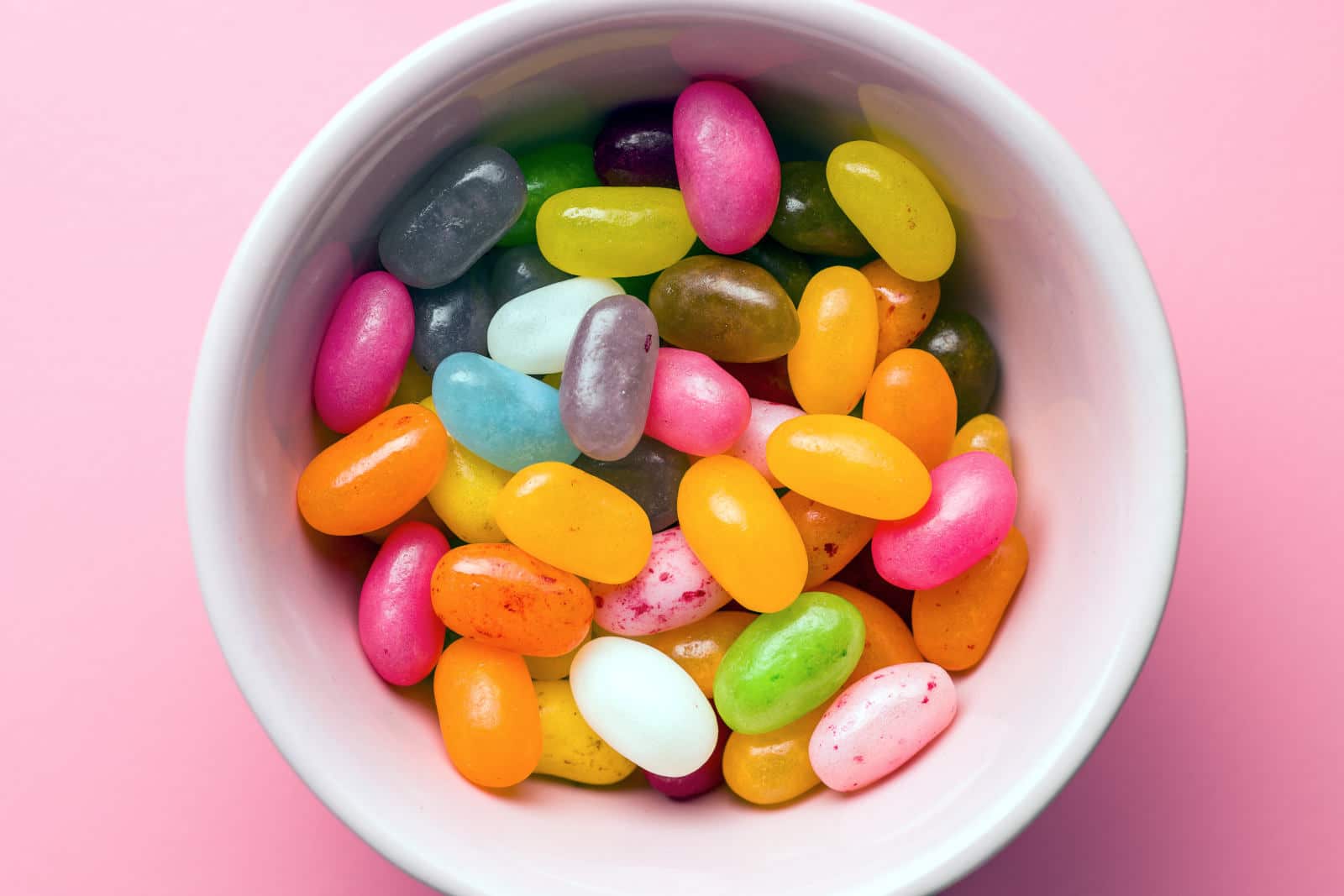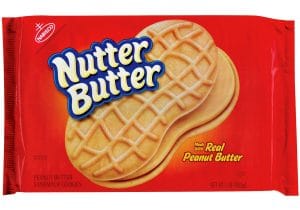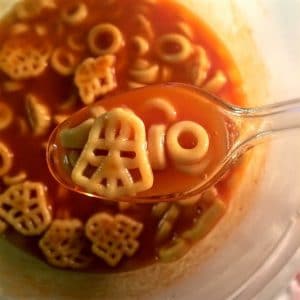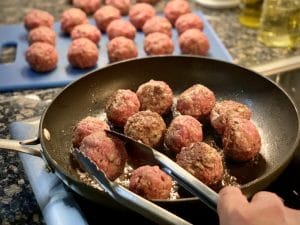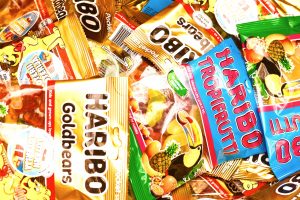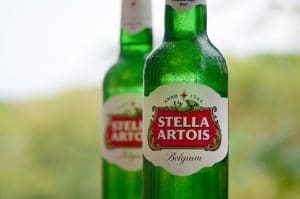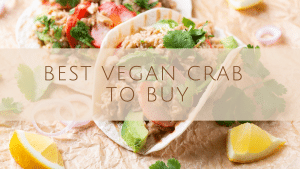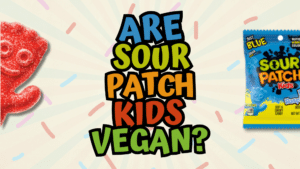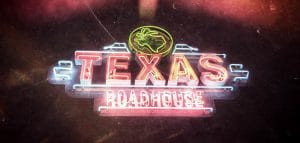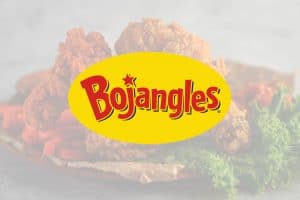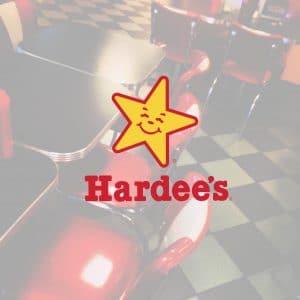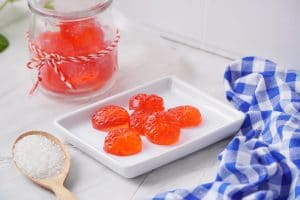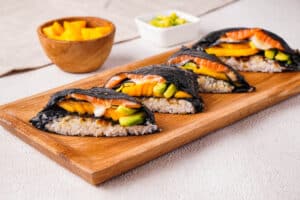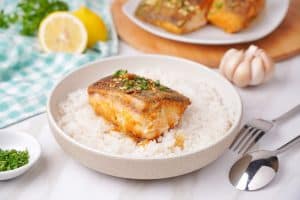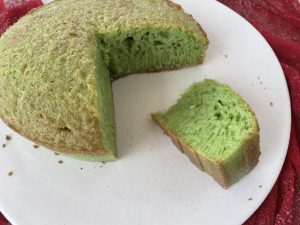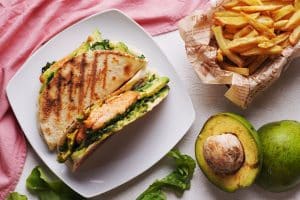Are Starburst Jelly Beans Vegan?
Important Note: When you buy through our links, we may earn a commission. As an Amazon Associate we earn from qualifying purchases. Content, pricing, offers and availability are subject to change at any time - more info.
Sometimes there’s nothing better than a delightful snack of delicious jellybeans. But even though jellybeans can be the perfect treat for your sweet tooth, it’s important to know whether jellybeans are vegan if you follow this diet for health or moral reasons.
Turns out, different types of jellybeans may be vegan, whereas others may not be. It all depends on their unique ingredients.
Starburst jellybeans are some of the most popular you can find. But it’s unclear whether they are suitable for vegans are not. This article will break down whether Starburst jellybeans are vegan or whether you should look for alternatives that don’t use ingredients derived from animal products.
Ingredients in Starburst Jelly Beans
There are lots of jellybean brands that are unfortunately not vegan because they include at least one animal byproduct. For example, the majority of jellybean brands use gelatin in their formulas. Gelatin, as you probably know, is a major animal byproduct.
Let’s take a closer look at the ingredients found specifically in Starburst jellybeans to determine whether these beans are vegan-friendly.
- Sugar – naturally, Starburst’s jellybeans contain plenty of sugar to give them their sweet flavor. Unfortunately, tons of sugar manufacturers process their sugar using bone char, which is an animal byproduct. It’s tough to say whether Starburst’s sugar is derived from this process, but that’s not the most vegan-unfriendly ingredient on this list
- Artificial flavors – plenty of candies (though not M&Ms, thankfully!) and other foods use so-called “artificial flavors” in their manufacturing processes. It can be tough to determine whether artificial flavors are vegan friendly or not since, legally speaking, artificial flavors can mean over 100 different synthetic additives. Oleic acid and other animal fats may be used to create artificial flavors, and it’s difficult to know whether Starburst’s jellybeans also use animal fat
- Confectioner’s glaze – many popular jellybeans use this ingredient, which is derived from an amber-colored resin. The resin comes from a particular type of beetle. Confectioner’s glaze makes the jellybeans shine and gives them their unique look. In fact, confectioner’s glaze is also used for fake nails, though it is called shellac in those circumstances. Naturally, confectioner’s glaze is not vegan
- Red 40 or E129 – this ingredient is made with coal tar and several petroleum byproducts. However, while it is technically vegan friendly, it is tested on animals like mice and rats. So consumers looking to avoid products made with cruel practices should avoid jellybeans with Red 40
- Yellow 5 – this is another synthetic additive that is unfortunately tested on mice and rats
- Yellow 6 – many Starburst jellybeans are made with this dye, which is also tested on mice and rats, as well as rabbits
- Blue 1 or E133 – this is a synthetic additive tested on mice, rats, and dogs
- Beeswax – a key ingredient in jellybeans, beeswax always comes from melted honeycomb, which of these will normally use to store honey for young bees. Most vegans consider beeswax to be an animal byproduct
Notably, Starburst jellybeans don’t contain gelatin, which is probably the most common ingredient found in jellybeans that is incompatible with the vegan diet guidelines. However, that doesn’t mean that Starburst jellybeans are necessarily vegan-friendly.
So, Are Starburst Jelly Beans Vegan?
As you can see from the above ingredient list, Starburst’s jellybeans are not vegan friendly in the slightest. Specifically, beeswax, the dyes above, and confectioner’s glaze are all non-vegan friendly by definition, either because they are made from animal byproducts or because they are made using cruel animal testing methods.
Therefore, any vegan wanting to make sure they don’t compromise the foundation of their diet should avoid Starburst jellybeans at all costs.
Are Starburst Jellybeans Gluten-Free?
Yes. So if your primary concern is getting your hands on some jellybeans that won’t trigger your gluten intolerance, you can try Starburst’s jellybeans without any risk of side effects.
Are Starburst Jelly Beans Halal or Kosher?
No, as all Starburst jellybeans have confectioner’s glaze. This is typically considered khabith or “filthy”.
Will Starburst Make its Jelly Beans Vegan in the Future?
It’s difficult to say. Starburst is owned by the company General Mills, which is supposedly taking steps to broaden its audience and offer vegan-friendly alternatives to its core candy and snack products. That being said, it could take several years for any real steps to be made; the current jellybean manufacturing process is no doubt very efficient for General Mills, so there would need to be significant economic incentives in place for them to provide vegan jellybeans.
Nothing’s impossible, however. Maybe in the future, Starburst will make its jellybeans vegan friendly by adjusting its manufacturing processes or changing its ingredients.
Starburst Jelly Bean Vegan Alternatives
While Starburst jellybeans are not vegan friendly, there are several possible alternatives. In fact, many manufacturers are creating jellybeans that are totally vegan in order to offer cruelty-free, healthy versions of these tasty treats. These alternatives include:
- Warheads Sour Jelly Beans, which don’t contain gelatin, confectioner’s glaze, and are also fat-free. As a result, these tasty jellybeans are not only great for vegans but also for individuals wanting to cut down on the fat they consume in their daily diets
- Jolly Rancher Jelly Beans, which are somewhat similar to the Jolly Rancher candies that the brand is broadly known for. Regardless, these jellybeans are vegan friendly since they don’t have any confectioner’s glaze or potentially problematic ingredients
- YumEarth Naturals Sour Beans, which is another brand of jellybeans made with gluten-free processes. Even better, these jellybeans don’t have any artificial flavors or colors, plus no fat. Therefore, you can choose these jellybeans if you want to avoid upsetting your system with potentially damaging synthetic chemicals
As you can see, there are plenty of alternatives if you have a hankering for vegan jellybeans. We recommend trying out each of these brands individually to determine which is your favorite. On the other hand, if you ever see Starburst jellybeans, stay away – until the brand updates its formula, none of the jellybeans they produce will be vegan friendly. Or try cooking up some other vegan snacks found here on Cook Gem!
